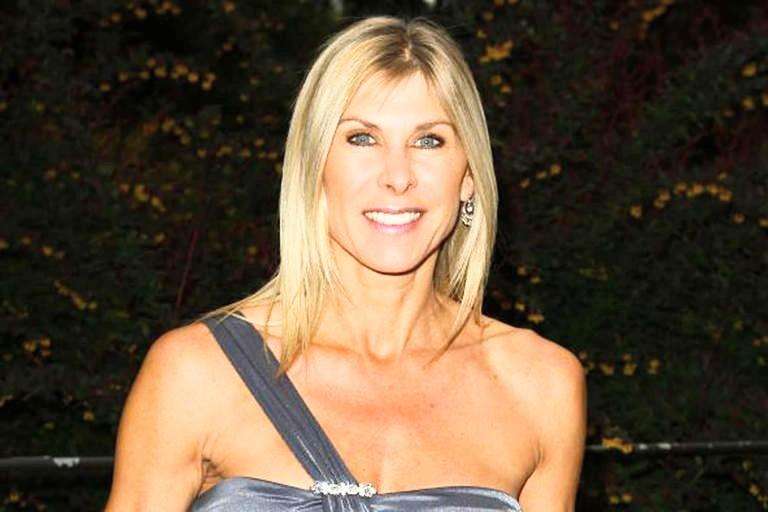A British Bangladeshi first-time mother has bravely shared her initial feelings of profound loneliness and unexpected challenges after giving birth while living in a busy corner flat on Commercial Road, London. Her candid account highlights the stark contrast between her pre-baby expectations and the isolating reality of new motherhood, urging other mums to seek support without hesitation.
"I didn't think I needed a new mum plan - I was wrong," she admits, reflecting on the early days after her daughter Hannah's arrival in 2017. The initial excitement of pregnancy, which she described as a "breeze," quickly gave way to the overwhelming demands of a newborn.
Recounting a particularly difficult hour, she said, "My head was pounding to the repetitive echo of wailing. I was pacing back-and-forth in our apartment. I tried rocking, shushing, patting – nothing worked." Adding to her isolation, she looked out at the "anonymous, passing traffic" on the bustling street below, feeling the absence of her husband, Mushfiqur, who was at work, and her family, located over 200 miles away. "I had a transient lifestyle where there was no community. I was truly, truly alone. And the thought terrified me."
Her initial vision of seamlessly balancing motherhood and her career as a PR consultant, aided by a nanny, quickly unravelled. This clashed with the more traditional expectations within her second-generation British Bangladeshi family, where mothers often took significant career breaks. Despite her own reservations about leaving her baby with a stranger, she initially saw no other way.
The practicalities of navigating London with a newborn also contributed to her isolation. "I began to hate the London underground – the idea of having to take a pram down so many stairs stopped me from travelling altogether, unless it was on foot." Sleepless nights were spent "Googling why my baby wouldn’t sleep," highlighting the lack of real-world preparation despite reading baby books that had naively led her to believe she'd have "parenthood nailed."
Complications during labour, including significant blood loss and emergency treatment, further compounded her difficulties. Lying in the high dependency unit, unable to care for her newborn, she felt "helpless and inadequate." A pointed remark from a nursing assistant, telling her she was a mum now and had to "figure out how to take care of her," she believes contributed to her subsequent anxiety.
While friends without children offered welcome breaks, she yearned for a different kind of support. "But, what I think I really needed was for someone to hold me. I don’t mean literally, but I wanted someone to say: ‘We know this is crap. We know you’re feeling lost and bewildered...'" This desire for empathetic understanding and practical help went beyond what she felt she could ask of her friends.
The relentless cycle of caring for a newborn, coupled with the lack of adult interaction, led to a "deep sense of loneliness." Some days, her only proper conversation was with the supermarket checkout staff. This experience, she later discovered, was far from unique, citing a British Red Cross study indicating that over 80% of mothers experience loneliness.
Despite the focus on her daughter's well-being, her own needs often felt overlooked. Her health visitor eventually suggested therapy, which she initially associated with severe depression. However, her experience with NHS talking therapy proved invaluable. "I soon realised the best thing about talking to a therapist was that I was talking to someone I didn’t know, and wouldn’t judge. He just listened, and it helped."
Seeking change, she and her husband began delegating more childcare and eventually moved to the suburbs, where she found a supportive "tribe of other mums" at local playgroups. A subsequent move back north to be closer to family coincided with the birth of her son during the 2020 lockdown, an experience she felt much more emotionally prepared for.
Stepping back from her PR career led to an unexpected and positive outcome: writing a book, "The Secret Diary of a Bengali Mum." This "unfiltered story" chronicles her experiences with "anxiety, the loneliness," but also offers reassurance that "you do get through it."
Her final message is a powerful and empathetic plea: "Mums, there’s no shame in admitting you’re lonely and need some help. It could change your entire life." Her honest account serves as a vital reminder of the importance of acknowledging and addressing the emotional challenges of new motherhood.
Source-Metro








.svg)


